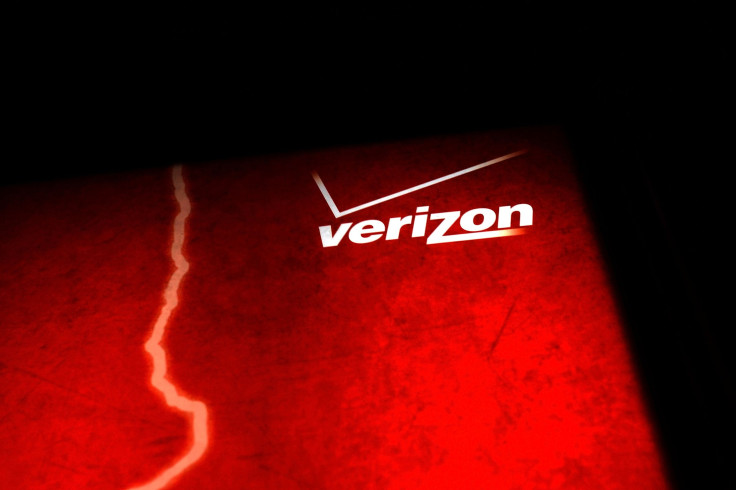Nearly 40,000 Verizon Workers Begin Strike After Deadline For New Labor Contract Passes

About 40,000 workers of Verizon walked off their jobs Wednesday after the company failed to reach a new labor contract with two unions by 6:00 a.m. EDT. The workers are protesting the proposed cuts to pension benefits and the decision to outsource jobs to foreign countries that would lead to job losses in the U.S.
Verizon and the two unions — Communications Workers of America (CWA) and the International Brotherhood of Electrical Workers (IBEW) — have been in talks since June last year over the company’s plans to cut healthcare and pension-related benefits over a three-year period. The employees of the wireline service have been working out of contract since the previous agreement, which was drawn in 2011, expired last August, Reuters reported. The negotiations in 2011 had also led to a strike but a new contract was agreed upon two weeks later.
"Our families and our customers deserve more from Verizon," Isaac Collazo, a technician and CWA member, who had been working with Verizon for 19 years, said, according to CNBC. “Through our hard work, Verizon is making record profits while our families are left with threats to our jobs and our customers aren't getting the service they need. Striking is a hardship for our families, but we need to remind Verizon executives that the people who build their profits are a critical reason for the company's success.”
The unions said in a statement Wednesday, according to CNBC, that workers from Massachusetts to Virginia were holding the strike, but did not specify for how long the strike will continue.
Over 99 percent of the workers on strike, which is one of the largest at the company in recent years, are employed by Verizon’s wireline business, which includes its traditional landline phone service and its fiber optic network that supplies internet, phone and video service, the New York Times reported. The report added that the presence of a small number of workers from the company’s wireless business allows their union CWA to also gather protesters from Verizon Wireless.
The company had said in its annual report that the wireless network of Verizon is larger, more profitable and is growing rapidly.
Verizon’s chief administrative officer Marc Reed told the Washington Post that the company was prepared for the strike. “We are very prepared,” Reed said, adding: “Out of the last four contract cycles, 50 percent of the time we've had a work stoppage. Some have been long, some have been short.”
Jeffrey Keefe, a professor emeritus at the Rutgers School of Management and Labor Relations who is well-versed with the telecom industry, said, according to the Times, “The purposes of the strike are to build public support for the workers and to put pressure on the politicians and the regulators to put pressure on Verizon to settle this thing.”
Officials from the company have said that the Verizon wireline customers will not face any disruptions in service due to the strike, according to the Times. The officials added that the company had spent months in training the unaffected workers, mostly supervisors to complete the duties of the colleagues belonging to the union.
“On Day 1 our first priority is to maintain the customer base we have — answer the phones, surveil the network, work repairs — and we’re fully staffed to do that,” Robert Mudge, the president of Verizon’s wireline network operations, said, according to the Times, adding that the next priority would be installations, also something the company has the capacity to do.
However, he said: “Training and doing are very different things. ... You can be as well trained as anybody, but it doesn’t mean you can go in the field and fix anything.”
© Copyright IBTimes 2024. All rights reserved.






















